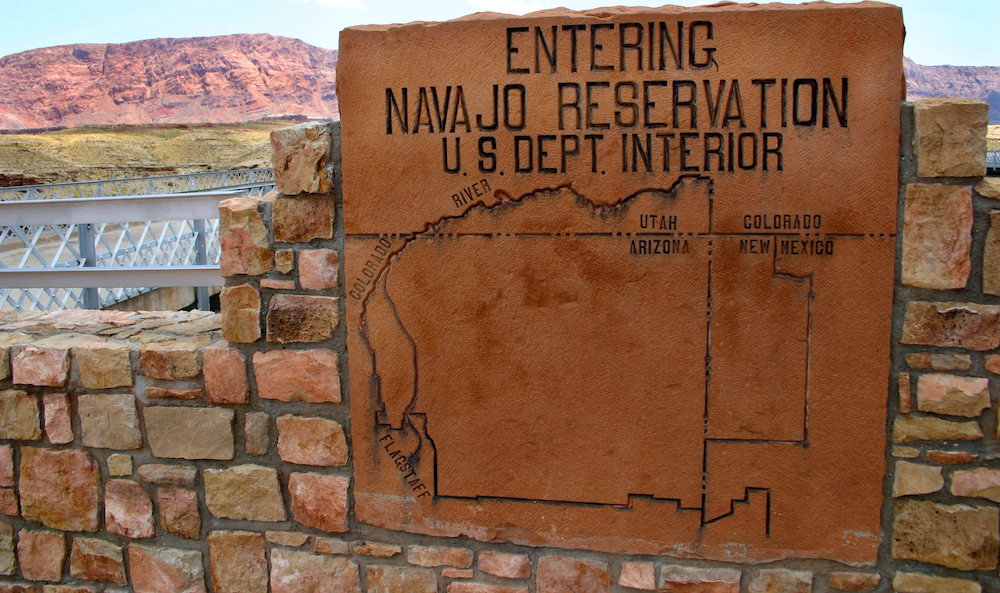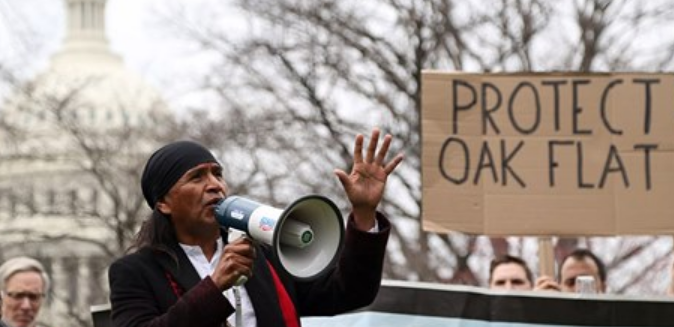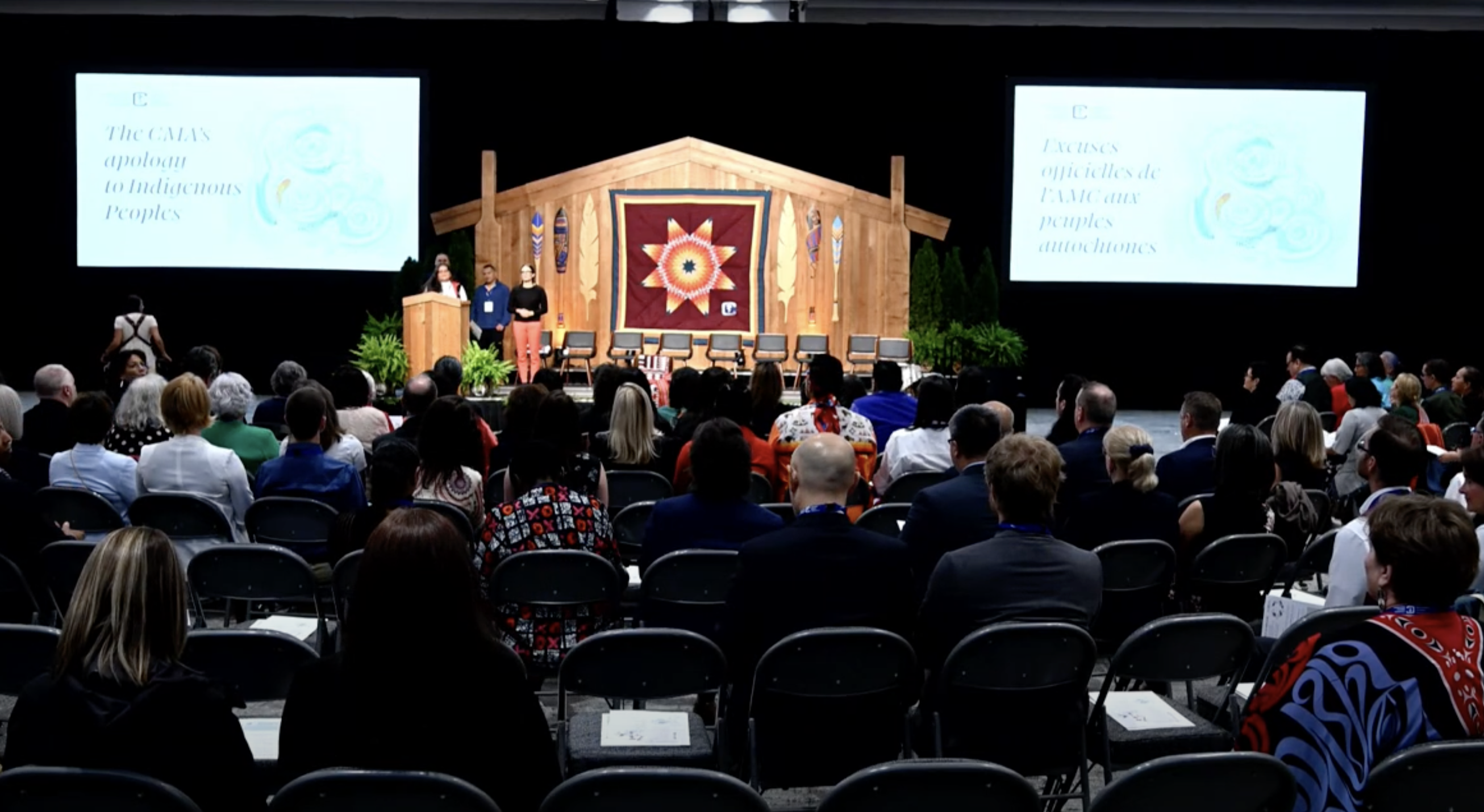
Guest Opinion.
The harm it left did not end with the closing of the mines. It has continued for generations. Many Navajo citizens developed serious illnesses such as cancer and respiratory diseases. The toll of uranium mining is a profound chapter of our people’s history. It demands immediate and comprehensive justice.
As President of the Navajo Nation, it’s my duty to protect the health and wellness of my people. I have said enough is enough. We now face a repeat of history with this country’s renewed interest in uranium mining, and with uranium ore being transported across my people’s sacred land.
The Navajo Nation stands united with the affected uranium miners, Downwinders and their families. Together, we will march to the U.S. Capitol later this month alongside other tribal leaders and impacted communities to demand Congress act with urgency.
In August, I worked with our Navajo Nation Council to strengthen laws regarding uranium transportation to prevent more disasters from occurring from this deadly element.
Despite our concerns, laws, testimony and declarations, Congress failed in June 2024 when it allowed the 1990 Radiation Exposure Compensation Act to expire. This failure in leadership left thousands of workers and their families in limbo. They were left without access to the critical health screenings or minimal compensation once provided by RECA. This is not a failure in policy. It is a failure in responsibility.
My message to Congress and the uranium mining industry is clear: do not start new mining and transport uranium across our lands when you haven’t even addressed the last crisis you caused.
The federal government and private companies knowingly exploited the Navajo people during the uranium boom. It concealed the dangers of radiation exposure from workers. It failed to provide my people with proper protective equipment.
Workers were not warned of the dangers as they drank water contaminated by mining operations and as families built homes from mining debris. They were unaware that these materials were poisoned. But others knew.
Governments have a duty to protect their people. In this case, the U.S. failed to do that.
Navajo uranium miners were men and women who were asked to serve their country by working in the uranium mines. They now suffer from debilitating illnesses. They have waited too long for justice. Further delay is unconscionable.
Thankfully, Congress has a solution available. The Radiation Exposure Compensation Reauthorization Act, S. 3853, has passed the Senate with overwhelming bipartisan support with a vote of 69-30.
Critically, this bill extends RECA benefits to those affected by uranium mining operations beyond 1971. It addresses the broader impact on Downwinders and other communities.
Uranium mines on the Navajo Nation remained operational until 1990. Any viable RECA extension must include uranium workers through that time. Any earlier cut-off date would leave a significant number of Navajo uranium workers without the recognition or compensation they deserve.
For over 30 years, the Navajo Nation has tirelessly advocated for these workers. It is unacceptable to leave them behind.
RECA has been sitting at the House Clerk’s desk since March 2024 awaiting action from Speaker Mike Johnson and House leadership. The House could act to reinstate RECA today.
Sadly, Speaker Johnson has prioritized dollars and cents over justice for the communities poisoned by our government. He has rejected every compromise solution, shortening the duration of the program from 19 years to just six years with reduced compensation. The speaker has refused to meet with us to share his objections directly with those affected.
The U.S. has spent untold billions on foreign aid and wars. Yet when it comes to protecting the lives of American citizens – specifically the Navajo people, who contributed so much in the interest of national security – the federal government turns its back.
We call upon Speaker Johnson to bring the Radiation Exposure Compensation Reauthorization Act to the House floor for a vote. The time for action is now.
Our march to the U.S. Capitol is not just about policy. It is about human live. It is about the countless Navajo families who have lost loved ones to cancer, who have watched their health deteriorate, and who continue to live in fear of what tomorrow may bring. It is about honoring the sacrifices made by uranium workers to ensure that their suffering is not forgotten.
We are not asking for favors. We are asking for justice. Congress has the opportunity to do what is right and rectify a historic wrong. The Navajo Nation will not rest until justice is secured for our people and for all those impacted by uranium mining. It is time for Congress to listen, to act, and to bring an end to this dark legacy.
Buu Nygren is the president of the Navajo Nation.











